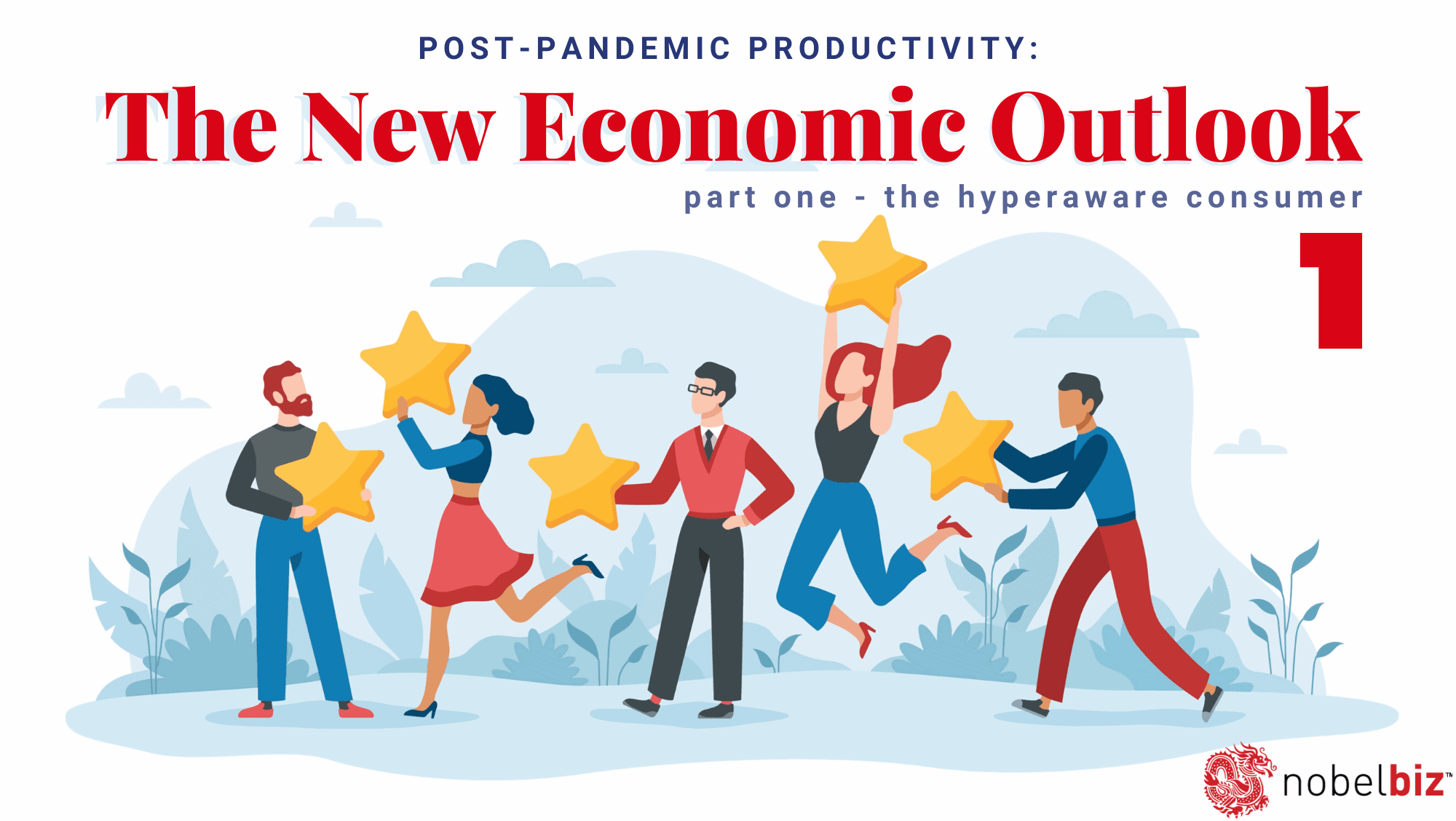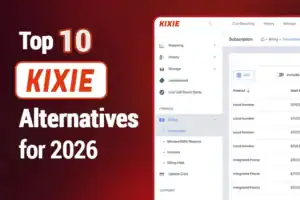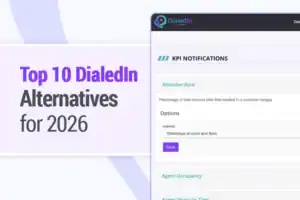Whichever way we all come out of 2020, one thing will be certain: nothing. Meaning – nothing that was before COVID-19 will be the same post-pandemic. Facing such harrowing prospects, businesspeople in general and contact center industry professionals, in particular, have to reevaluate how they push their companies forward.
In what follows I will give a short outlook of the post-COVID world centered on the economic and customer experience aspects of it as chief indices for maintaining productivity in the workplace moving beyond 2020.
But more than that, I will also integrate several other major facts that will undoubtedly shape the future of customer experience, of our industry, and of business going forward. Such as:
- the current civil unrest and the Black Lives Matter Movement in the US;
- the renewed attitude towards climate change;
- the accelerated adoption of new technologies across the world;
- the current efforts against scammers and robocalls;
- how COVID-19 triggered calls for fundamental & systemic changes regarding most of the above and others.
Nobody Wants to Return to the Pre-Pandemic World
A recent survey conducted in the UK concluded that only 6% of the public “want to return to the pre-pandemic economy.” The numbers in the poll show that most people want a “fairer and greener” rebuilding of the UK economy, with 94% of the people polled wanting changes. A majority of these also want “big changes.”
With the Black Lives Matter movement and protests dominating the US news, it’s difficult to imagine that the American public would demand anything less from their lawmakers.
Whether it’s climate change, social justice, racial equality, LGBTQ+ rights, housing reform, or just basic human rights – the message is clear: the time for small, incremental changes is over.
While this framework of progress is being cemented, it’s safe to assume the consumers of the near future will be more steadfast in their demands for fairness. Businesses need to rise to meet the challenge to provide fairness both within their ranks and towards their customers.

People Are Taking a Hard Look at Everything
Jon Stewart said it best on the June 24 edition of Late Show:
The pandemic, because we all went into kind of a stasis and so many of the distractions of your daily life were removed, it allowed the country a moment of clarity. In this moment of more quiet reflection, America suddenly stopped and smelled the racism.
The idea is: that people have been spending significantly more time online, and the consequence of that is they’ve become more aware of what’s happening and of the problems we as a society are facing.
One direct consequence of this is consumers are hyperaware of the news. The demand for fairness and accountability from businesses will therefore likely rise like never before. Couple this with the struggles brought on by the pandemic, and we’re going to see a lot of companies make crucial miscalculations within their customer experience processes.
While these miscalculations may have merely bruised or slightly damaged businesses in the past, now they’re going to be the key factors that determine whether these companies will survive the recession or not. And that’s not even taking into account past mistakes companies have made that are now coming to light, raising skepticism about how genuine they are in their social media posts in support of Black Lives Matter, for example.
Sure, these are big corporations – and the bigger the business, the bigger the fall once a scandal hits the mainstream media. But harkening back to the hyperaware consumer – this renewed interest in the news, fairness, and accountability will reverberate throughout the business world.
And your company needs to rise to the challenge of delivering consistent messaging through all their instruments – including (and perhaps especially) customer experience.

End of Part One
Today we discussed the outlook of a world post-Pandemic. The pandemic will be slow to end from a medical standpoint, but from a social standpoint it is already ending – regardless of our personal feelings towards that fact.
The result of all that has happened in 2020 is what I like to call the hyperaware consumer – and we’ve explored what that means in part one above.
IN PART TWO:
- We look at the global economic recession that will envelop the business world – what its implications are for the world at large and for contact centers and businesses in our industry in particular.
- We analyze the progression of consumer psychology in this new economic landscape, and how businesses can adapt to better serve the needs of customers.
- We take a hard look at trust issues within our industry with regard to scammers and fraudsters and the prevalence of unseemly tactics during and after the post-COVID-19 outbreak, and what needs to be done moving forward.

Andrei is an experienced marketing professional specializing in propelling growth for both B2B and B2C companies. Proficient in streamlining marketing operations and enhancing lead and customer experiences through SEO and marketing techniques.






